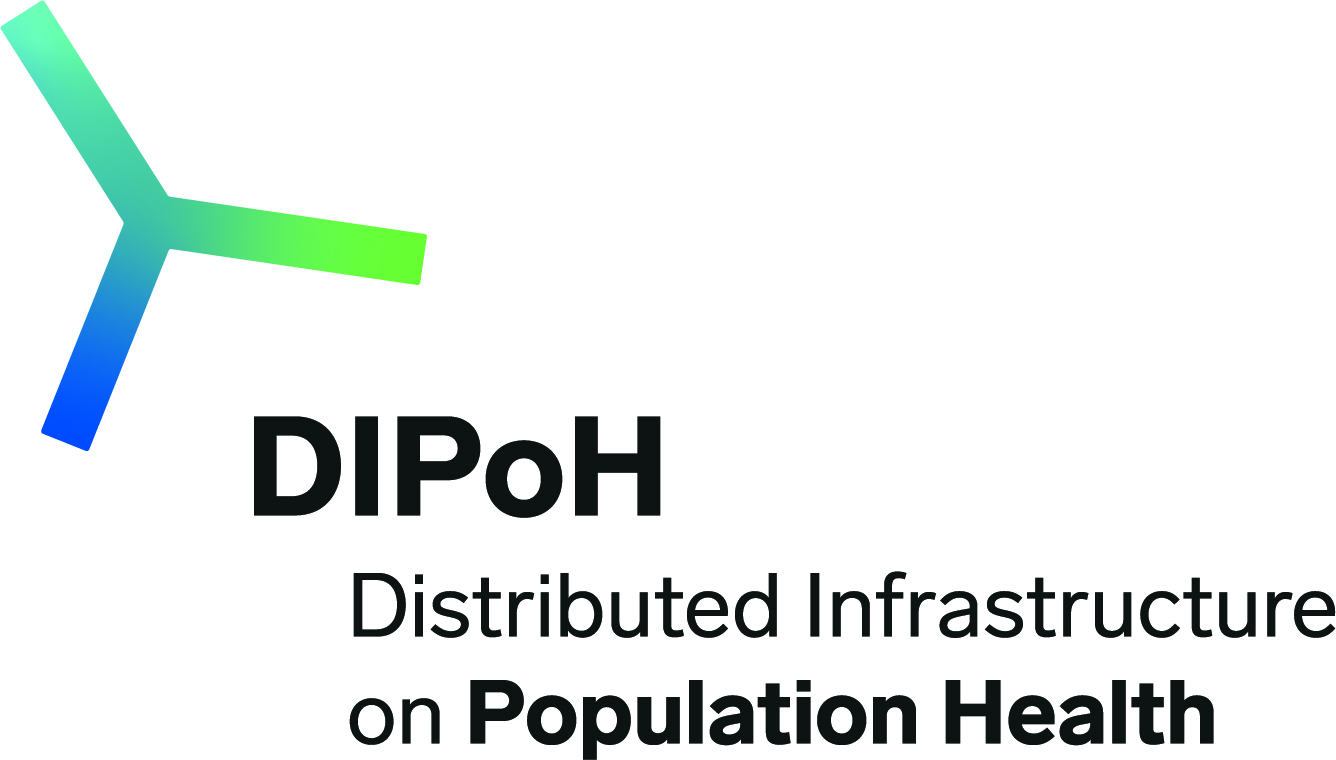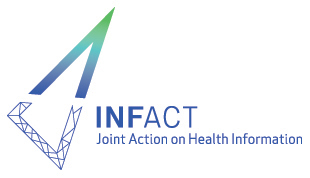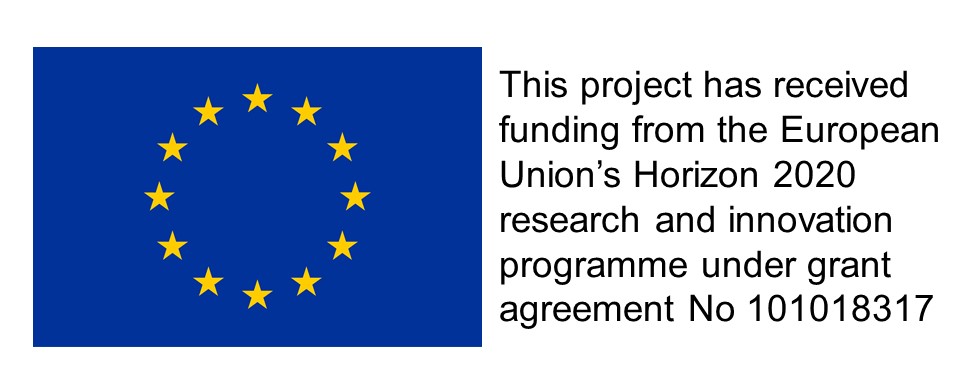National Health System England
Our purpose is to lead the NHS in England to deliver high-quality services for all.
We do this by ensuring that the healthcare workforce has the right numbers, skills, values and behaviours to support the delivery of excellent healthcare and health improvement to patients and the public. Read the NHS’s first ever workforce plan; a once-in-a-generation opportunity to put staffing on a sustainable footing and improve patient care.
We work with the wider NHS and our partners to optimise the use of digital technology, research and innovation, and to deliver value for money and increased productivity and efficiency.
We are responsible for running the vital national IT systems which support health and social care, and the collection, analysis, publication and dissemination of data generated by health and social care services to improve outcomes for patients.
The establishment of integrated care boards within integrated care systems, which are made up of public services that provide health and care, means that NHS England is changing the way it works to best support and empower local system partners to deliver on their responsibilities.
Our NHS England Operating Framework sets out how we are supporting systems and providers to lead locally to improve the health of the population, improve the quality of patient care, tackle inequalities and deliver care more efficiently. It describes our six longer-term aims:
- Longer healthy life expectancy.
- Excellent quality, safety and outcomes.
- Excellent access and experience.
- Equity of healthy life expectancy, quality, safety, outcomes, access and experience.
- Value for taxpayers’ money.
- Support to society, the economy and environment.





